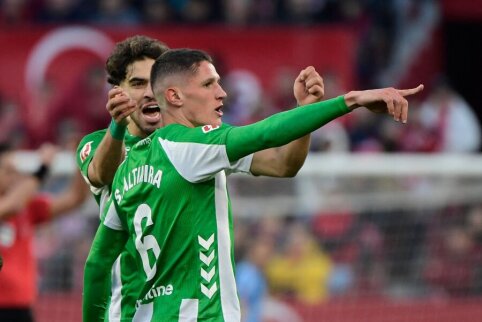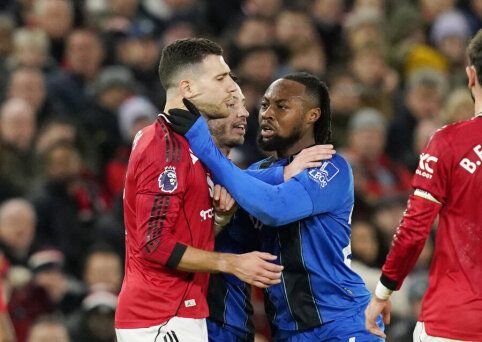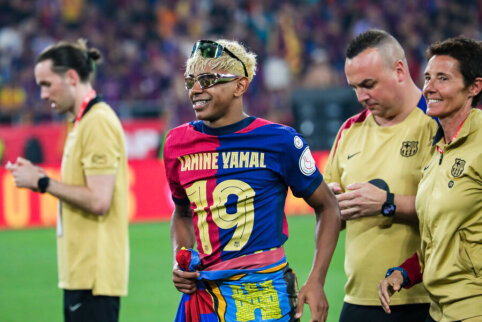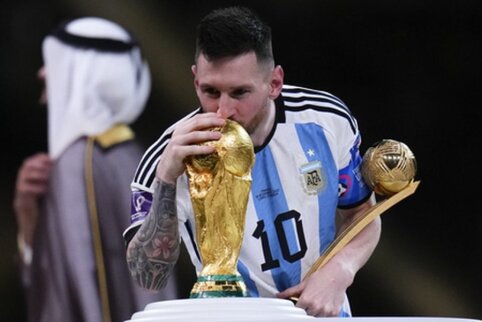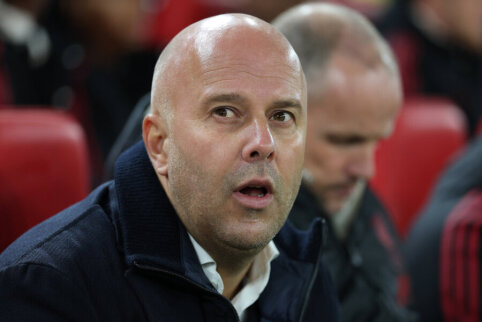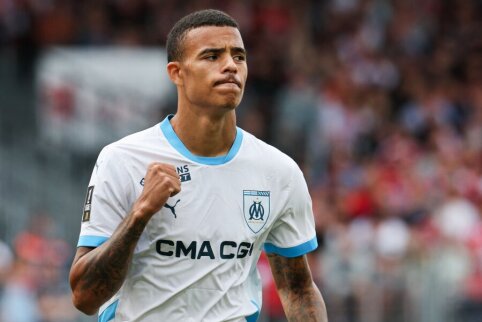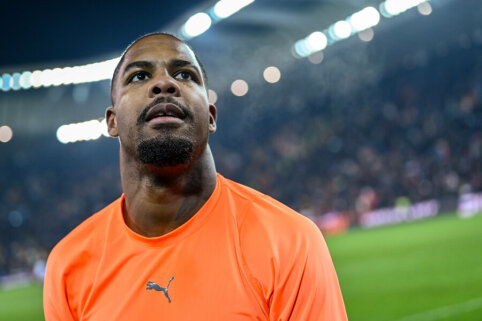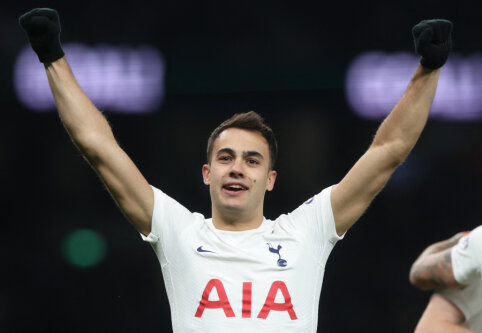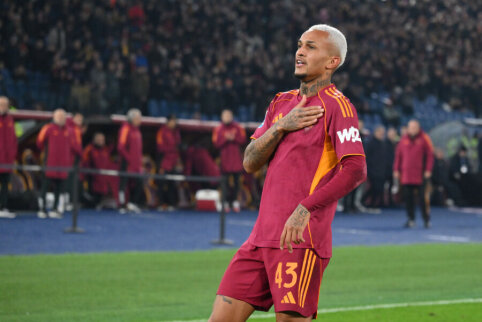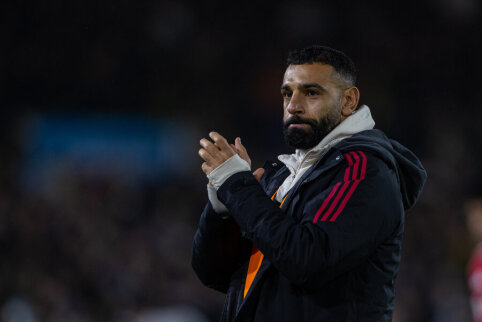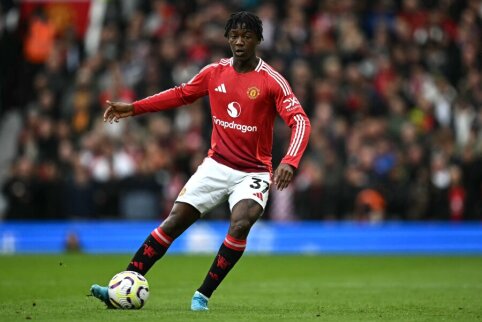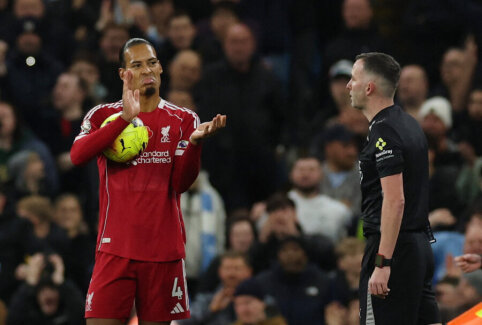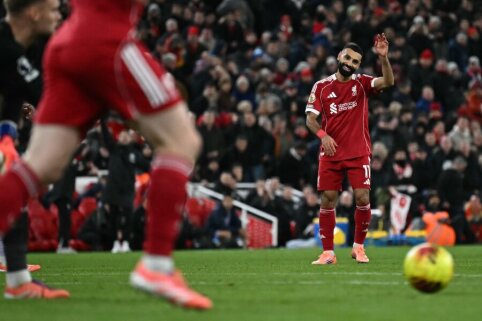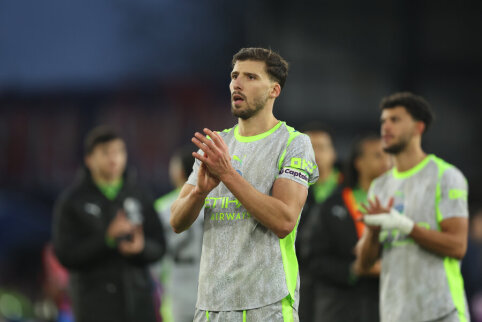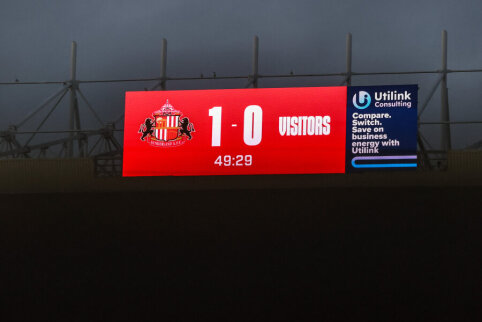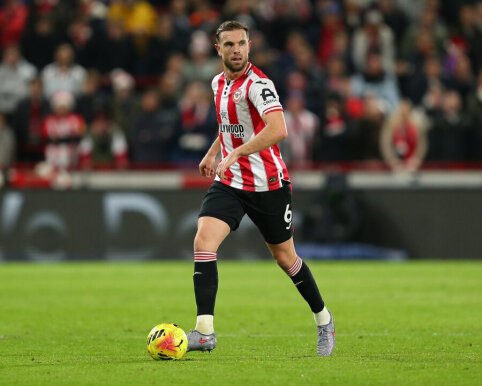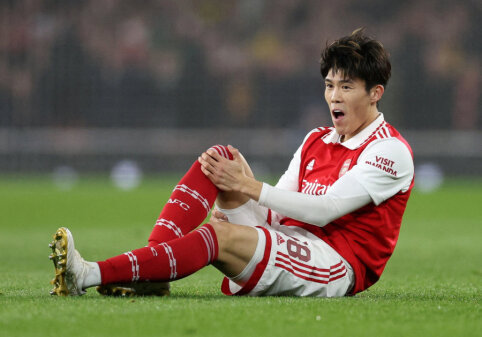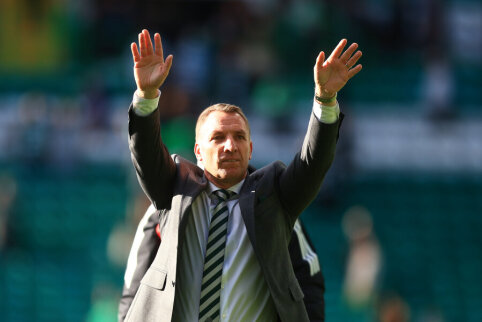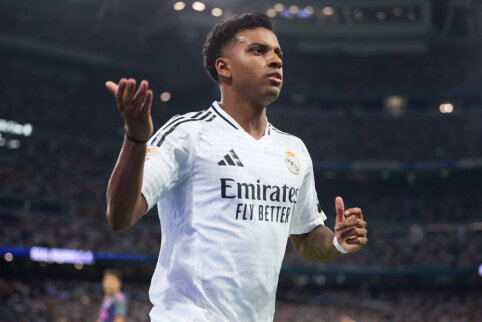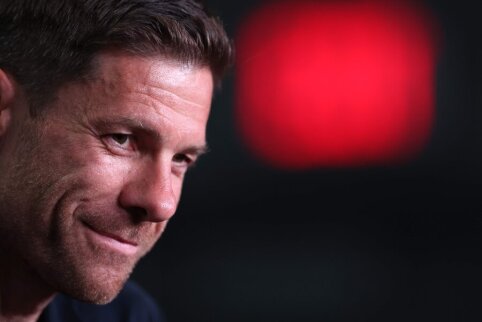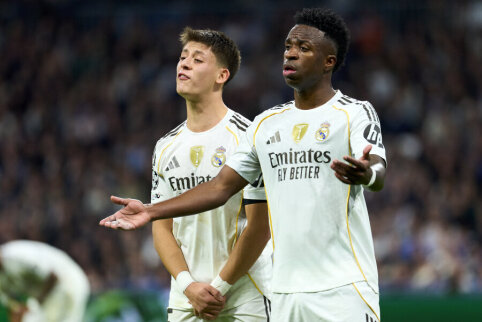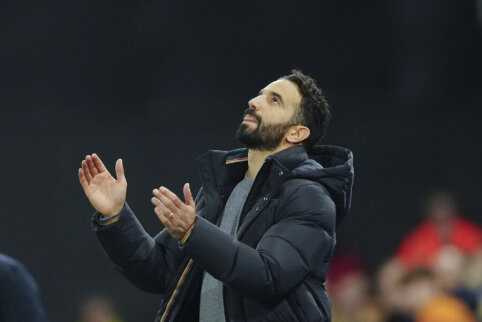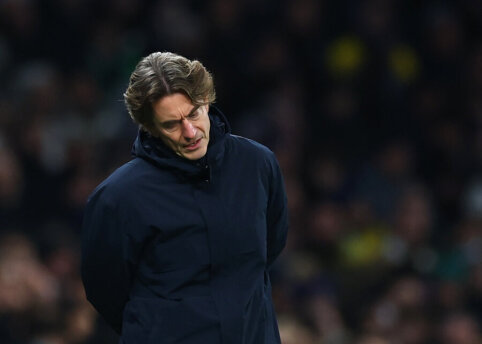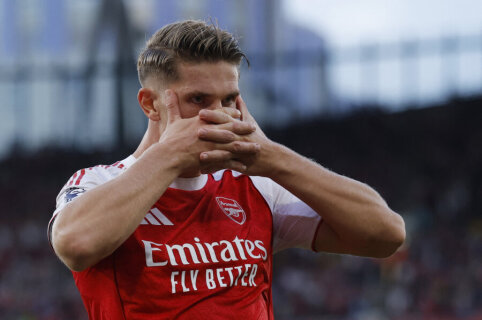 © EuroFootball.com
© EuroFootball.com
No, this essay is not about the Bremen musicians, as you might have thought. This time we suggest getting to know the main attacking organizer of Bremen's "Werder" club, Diego, whose impressive game in the 2006/07 season helped the team return to the fight for the German champion title.
Birth: 1985-02-28 (Riberao Preto, Brazil)
Nicknames: Dieguinho, Bebezao
Position: Attacking midfielder
Current club: Bremen
Previous clubs: "Santos" (1997-2004), "Porto" (2004-2006)
Brazilian national team: 13 matches, 2 goals
Diego has a dream. He represents his country in the World Cup final. Alongside him, playing the "fantastic four" - Kaka, Ronaldinho, Adriano, and Robinho. With the score tied and hopes of seeing a virtuoso Brazilian attack that could determine the winner of the match fading away, both teams and the viewers alike begin to reconcile with the idea of penalty shootouts. The ball falls to Diego.
Before one could even utter "this guy is the new Pele," he sends the ball soaring into the top corner of the net with a powerful shot from 30 meters away, securing Brazil's sixth World Cup title. He falls to the ground unable to believe it and later gets up, joining his Selecao teammates in a victory dance. So well-coordinated that even the most famous choreographer would not be ashamed.
However, for now, Diego's dream remains just a dream. But everyone who saw the 21-year-old player on the field knows that his impressive talent meets enough criteria for such a dream to become reality. Technique? Check. His right foot, capable of long-range and precise shots? Check. Temperament for important matches? Without a doubt. Moreover, his legs are as quick as those of a top-level dancer.
Nevertheless, one part of Diego's vision stands out – no Brazilian team, no matter how carefree the coach might be, could have such a constellation of attacking stars on the field at the same time. Especially when Diego, Kaka, and Ronaldinho practically play in the same positions and occupy the traditional "number 10" roles (playmaker) in their clubs. Nevertheless, for the boy from the San Paulo suburb of Ribeirao Preto, this does not stop him from dreaming.
"It motivates me – it's everything I strive for. There are 18 million people in San Paulo. I'm one of the lucky few who got such a chance. I've played 14 matches for the Brazilian national team and I can't believe that I could make it to the team. If you have a goal, you can't stop dreaming," the player says.
It may sound arrogant, but such self-confidence is partly the result of the praise and accolades Diego received growing up. So many people from so many different social strata told him that "he is the best" that you could forgive the player even if he thought he was Muhammad Ali.
When he signed a contract with "Santos" and started his career in the club's youth academy, he was 12 years old. At just 16, Diego got the number 10 jersey once worn by Pele and made his long-awaited debut, using his immense talent arsenal to help the team coached by Emerson Leao become the 2002 Brazilian champions. "This guy is a sensation," Leao said, "He creates attacks better than Zico."
A year later, Diego made his debut in the national team and played so impressively that soon clubs like Real Madrid or Tottenham were interested in him. However, in the summer of 2004, Diego transferred to the newly crowned European champion "Porto" for 7 million euros. According to the new coach Victor Fernandez, the player's goal was to replace the "golden" Deco, who was known to the "Porto" fans then as the "Right Hand of God." Not bad expectations...
"When I arrived at 'Porto,' comparisons with Deco were inevitable," Diego admitted - "First of all, we are both Brazilians, and besides, I got to wear his shirt. Deco is a staple in Portugal. He is such a great player that one day I would like to become like him. But I came to 'Porto' to be Diego, and although I hope to achieve at least as many victories as he did, I want to do it my way. Also, I think we play with slightly different styles."
But his arrival happened at the wrong time. The new player's club had just started a transitional period after triumphs under Jose Mourinho, which turned out to be quite challenging. Fate also played its card because the Champions League draw pitted "Porto" against the team coached by the Portuguese, "Chelsea."
The first season was difficult, as adaptation to a new country and environment was necessary, but overall, Diego was quite satisfied with his performances," he said - "The goal that determined the victory against 'Chelsea' was one of the best moments of our season in Europe and helped me earn the fans' favor. They even came up with a separate song for me."
Diego's second season at "Estadio de Dragao" did not go as smoothly, partly due to a change of coaches with Fernandez replaced by Co Adriaanse. The former coach of Alkmaar's "AZ" managed to guide "Porto" to the top of the Portuguese league, but he is the kind of man who opts for pragmatism over elegance, cautious football over creative play, so Diego lost his place in the regular starting lineup, not due to a loss of form, but simply because the Brazilian was no longer showing up.
"I showed good form in the first seven games. Then followed five or six matches in which I played very little," he recalls - "It was a difficult time for me. I worked hard to try to regain my place on the team, but despite everything, I didn't get any opportunities. A player in my position needs to play regularly to gain the necessary rhythm and confidence in their abilities to play successfully."
The breathtaking movements that earned Diego acclaim also made him the primary target of "Porto's" opponents. Every fantastic trick provoked rough play. He realized that, if "boy" Diego wanted to overcome this difficult phase, sooner or later, he would have to show himself as "man" Diego. He knew he had to do something.
"I tried to bring some new characteristics to my game. I had to play faster, and tactically I had to be more disciplined, but it all worked well. You can always learn something. The fact that I wasn't a regular member of the main team was part of the learning process, and I hope I can remember and say that such a period was beneficial. Nevertheless, time will tell everything," says the footballer.
It would be unfair to say that Diego did not live up to the expectations placed on him, but he did not shine too brightly in Portugal. However, he showed enough to be purchased by Bremen's "Werder" for 5.5 million, as C. Adriaanse did not find a place for him. Truth be told, the coach later decided that there was also no place for him in the club, and he also left.
So Diego arrived at a club known for its attacking style that had captivated Germany in the summer, thanks to the play of the national team coached by Jurgen Klinsmann. In his debut matches in the Bundesliga, the Brazilian scored one goal, provided two assists, and "Werder" beat "Hannover" 4-2.
Inspired by such a promising start, the German press immediately decided that Diego was not the new Deco after all. No, the young Brazilian is truly the new Diego, perhaps the best number 10 of all time – the new Diego Maradona. We can only hope that in his new World Cup vision, there will be no lost hand, but a beautiful slalom between the opponents' defenders, ending with a goal.
